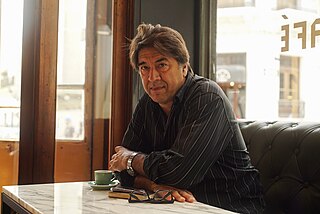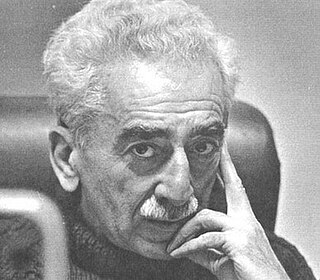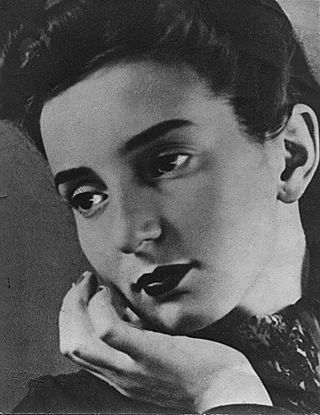
Tango is a style of music in 2
4 or 4
4 time that originated among European and African immigrant populations of Argentina and Uruguay. It is traditionally played on a solo guitar, guitar duo, or an ensemble, known as the orquesta típica, which includes at least two violins, flute, piano, double bass, and at least two bandoneóns. Sometimes guitars and a clarinet join the ensemble. Tango may be purely instrumental or may include a vocalist. Tango music and dance have become popular throughout the world.

Juan Carlos Onetti Borges was a Uruguayan novelist and author of short stories.

Gerardo Hernán Matos Rodríguez, also known as Becho, was a Uruguayan musician, composer and journalist.

Ángel A. Rama was a Uruguayan writer, academic, and literary critic, known for his work on modernismo and for his theorization of the concept of "transculturation."

Carlos Rehermann is a Uruguayan novelist and playwright, active since 1990. He has published four novels and staged five plays. He writes weekly columns on the arts. He won the Florencio Prize in 2002 for his play "A la guerra en taxi". Florencio-Nominated, 2006, winner, "Solos en el escenario"-Prize—Centro Cultural de España—for "Basura" ("Filth"). Premio Nacional de Letras for "El examen", based on an episode of the life of Primo Levi, 2008. COFONTE Prize of Dramaturgy for "El examen", 2008.

Gerardo Herrero Pérez-Gamir is a Spanish film director, screenwriter and producer. He is a prolific promoter of international coproductions and collaborations between Spain and Hispanic American countries.

Enrique Vila-Matas is a Spanish author. He has authored several award-winning books that mix genres and has been branded as one of the most original and prominent writers in the Spanish language.

Leonardo Garet is a Uruguayan writer, teacher, and member of the National Academy of Uruguay.

Homero Alsina Thevenet was a Uruguayan journalist and film critic.

Idea Vilariño Romani was a Uruguayan poet, essayist and literary critic.

Carlos Franz Thorud is a writer from Chile, who also holds Spanish citizenship.

Juan Carlos Mondragón is a Uruguayan writer and a literary critic.
Daniel Vidart was a Uruguayan anthropologist, writer, historian, and essayist.

Inés Bortagaray Sabarrós is a Uruguayan writer and screenwriter with a degree in communication studies.
Marcia Collazo Ibáñez is a Uruguayan lawyer, teacher, and writer. She is a recipient of the Bartolomé Hidalgo Revelation Award, Woman of the Year Award in the literary field, First Prize of the Museo de la Memoria and the Ministry of Education and Culture in the Nibia Sabalsagaray Contest, and Morosoli Silver Award in Narrative.
Gloria Helena Corbellini Troche is a Uruguayan writer and professor.

Gabriela Onetto is a Uruguayan writer and philosopher.

Fernanda Trías is a Uruguayan author and translator.
Alicia Escardó Vegh is a Uruguayan writer, cultural manager, and multimedia e-learning content creator.
Sylvia Lago Carzolio is a Uruguayan writer, teacher, and literary critic. She has made a particular focus of women's issues, addressing various conflicts that women encounter in her work.















